One of the uses of bentonite powder is in construction especially earthing.Bentonite is used to reduce resistance to ground by providing ground enhancements that effectively reduce the resistance between the ground and the ground electrode (such as copper ground rod or ground mats) by retaining moisture. This inherent ability to absorb and retain rainwater increases the electrical conductivity of the grounding compound in positive correlation with local climatic conditions, specifically average precipitation levels. The compound typically has a resistance level of 3 ohms.m Bentonite compound is a cost-effective material for backfilling ground electrodes and improving performance where it is virtually impossible to drive ground rods deeper and where ground conditions soil is difficult, such as rocks, granite, etc. Chemical remediation or backfilling of the soil in the vicinity of the underground grounding electrode site is an established and traditional method to reduce the grounding resistance of substation grounding in high-impedance ground, such as backfilling for improve electrical grounding which is commonly used in low voltage medium voltage. Applications. When soil and ground conditions are or are suspected to be highly acidic, alkaline, filler grounding compounds or materials such as bentonite can significantly extend the life cycle of bare copper ground rods and tapes. In addition, bentonite retains water, which increases the contact surface with the ground and therefore reduces the resistance to grounding. Carbon-containing backfill often contains other contaminants, such as sulfur and other elements harmful to copper, and should be avoided. 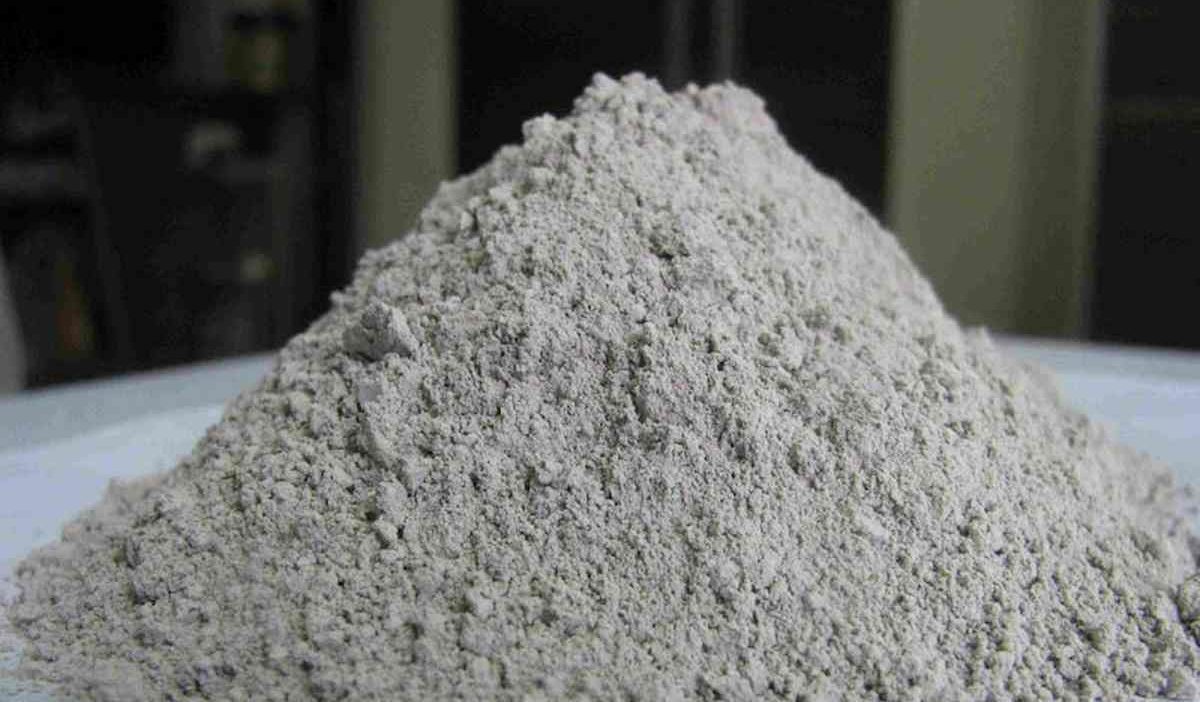 Pictured: A chemical-filled ground rod surrounded by a bentonite filler (white grout) to improve the electrical conductivity of the copper grounding system. How to use bentonite The ductility and viscosity of the grounding compound ensure easy installation and use by the utility or civil engineering contractor; There is no exact mix ratio and it will vary based on DNO and local power utility engineering standards and preferences with respect to soil conditions and resistance readings. The compound should be thoroughly and vigorously mixed with water to achieve a uniform slurry-like consistency suitable for pouring into the cable trench, drill hole or job site. Bentonite is a sodium activated montmorillonite that, when mixed with water, swells several times its dry volume. This allows moisture from the surrounding ground (such as precipitation) to be absorbed, solving any contact problems between the ground and the ground rod. Moisture-retentive bentonite clay is commonly used as a backfill layer for ground rods installed in dug holes, or as a cover layer for horizontal ground conductors buried in a trench. Its main advantage over grounding is that it has the ability to retain moisture in the immediate vicinity of the ground rod and keep it there for a long period of time. This reduces contact resistance and increases the effective size of the ground electrodes.
Pictured: A chemical-filled ground rod surrounded by a bentonite filler (white grout) to improve the electrical conductivity of the copper grounding system. How to use bentonite The ductility and viscosity of the grounding compound ensure easy installation and use by the utility or civil engineering contractor; There is no exact mix ratio and it will vary based on DNO and local power utility engineering standards and preferences with respect to soil conditions and resistance readings. The compound should be thoroughly and vigorously mixed with water to achieve a uniform slurry-like consistency suitable for pouring into the cable trench, drill hole or job site. Bentonite is a sodium activated montmorillonite that, when mixed with water, swells several times its dry volume. This allows moisture from the surrounding ground (such as precipitation) to be absorbed, solving any contact problems between the ground and the ground rod. Moisture-retentive bentonite clay is commonly used as a backfill layer for ground rods installed in dug holes, or as a cover layer for horizontal ground conductors buried in a trench. Its main advantage over grounding is that it has the ability to retain moisture in the immediate vicinity of the ground rod and keep it there for a long period of time. This reduces contact resistance and increases the effective size of the ground electrodes. 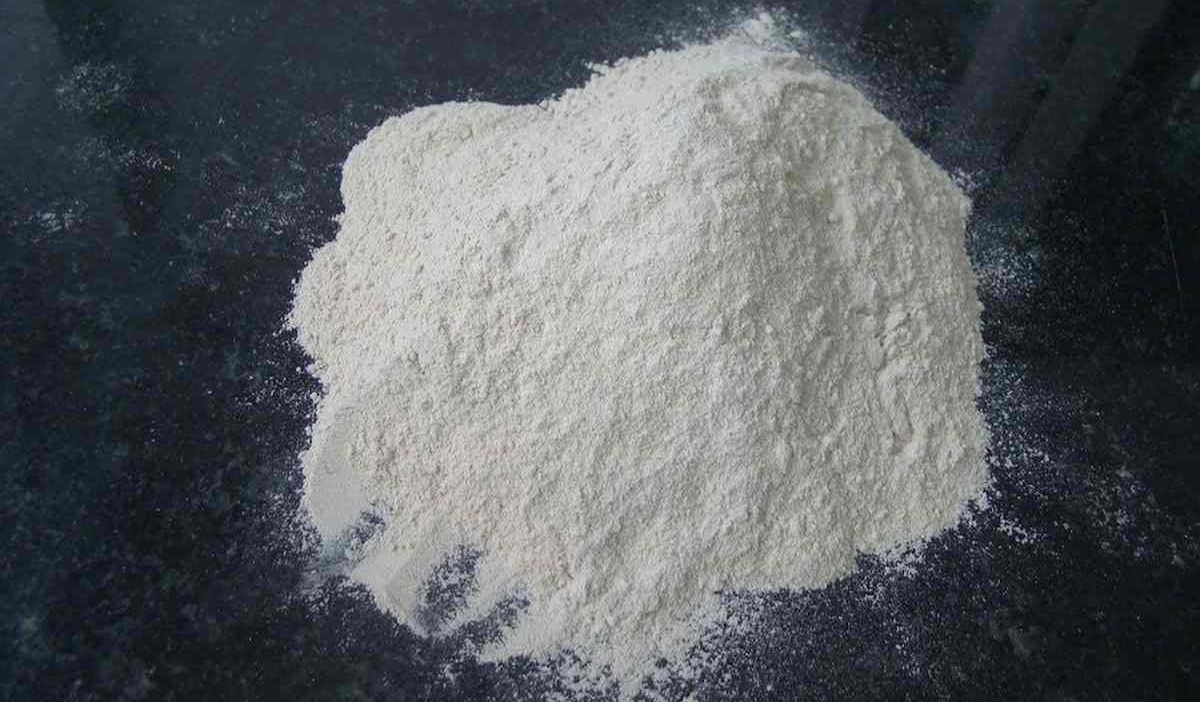
Bentonite powder
Bentonite powder is a very ancient clay that has been used as a remedy for many things. Fine dust forms when volcanic ash ages. It is named after Fort Benton, WY, which has many. But it is found all over the world. It is also known as montmorillonite clay after an area in France with large deposits. You may hear it called calcium bentonite clay. People have eaten or applied bentonite clay to their skin for thousands of years. It has been used for: Clean or protect the skin Treating skin infections or acne. Treat stomach gas relieve diarrhea Today, bentonite is used in the pharmaceutical and makeup industries. You can also buy it in powder and tablet form. It is sometimes used in: Bentonite clay is absorbed: it attracts particles, such as dirt, to the skin. It also absorbs, and absorbs a lot of water. 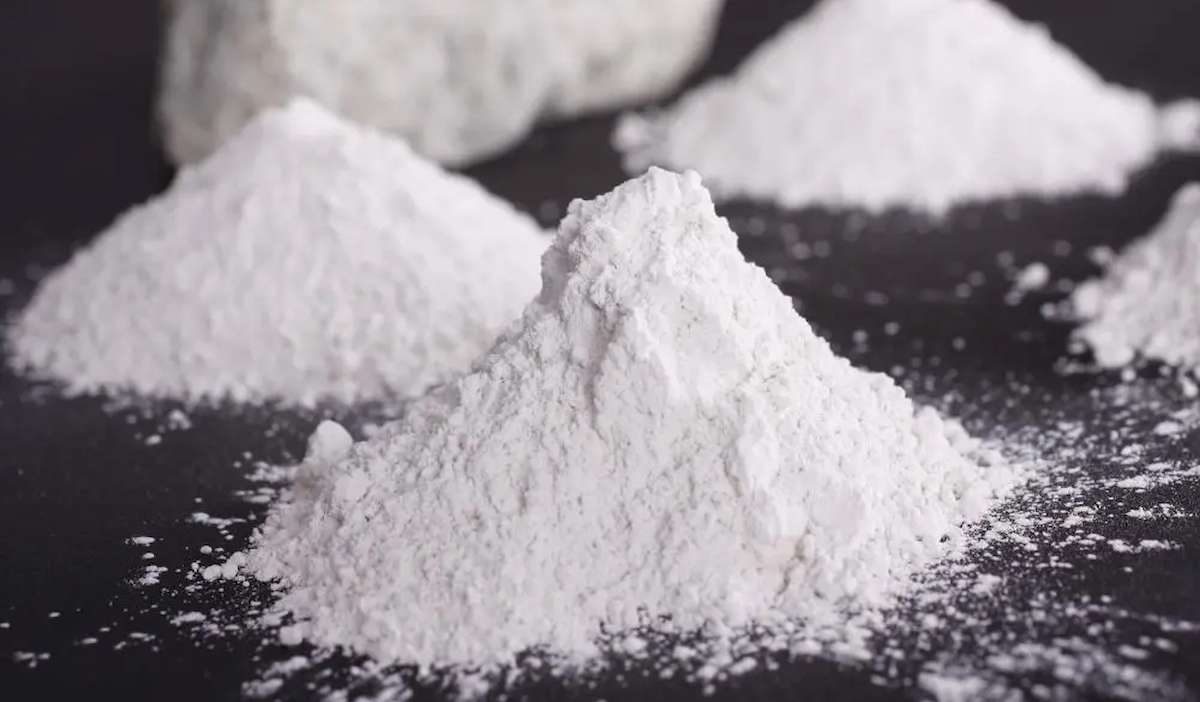 It is used for face masks and is also what makes pet litter clump together. Bentonite has a high cation exchange capacity. This means that clay, which has a negative charge, can attract positively charged ions. These are minerals such as magnesium, sodium and potassium. Bentonite also contains aluminum and silica. It can also attract positively charged toxins into the intestine. Bentonite clay is also antibacterial and anti-inflammatory. It also contains trace elements such as calcium, iron, copper and zinc. Some people eat it to get these nutrients. This is called eating dirt. But the foods that people usually eat actually contain these minerals. Most research on bentonite clay involves animals. Studies show that it can reduce the amount of certain toxins in the body, such as aflatoxin. They are made by certain molds and can damage the liver. Some research shows that it can remove pesticides and help treat metal poisoning. But more studies in humans are needed.
It is used for face masks and is also what makes pet litter clump together. Bentonite has a high cation exchange capacity. This means that clay, which has a negative charge, can attract positively charged ions. These are minerals such as magnesium, sodium and potassium. Bentonite also contains aluminum and silica. It can also attract positively charged toxins into the intestine. Bentonite clay is also antibacterial and anti-inflammatory. It also contains trace elements such as calcium, iron, copper and zinc. Some people eat it to get these nutrients. This is called eating dirt. But the foods that people usually eat actually contain these minerals. Most research on bentonite clay involves animals. Studies show that it can reduce the amount of certain toxins in the body, such as aflatoxin. They are made by certain molds and can damage the liver. Some research shows that it can remove pesticides and help treat metal poisoning. But more studies in humans are needed. 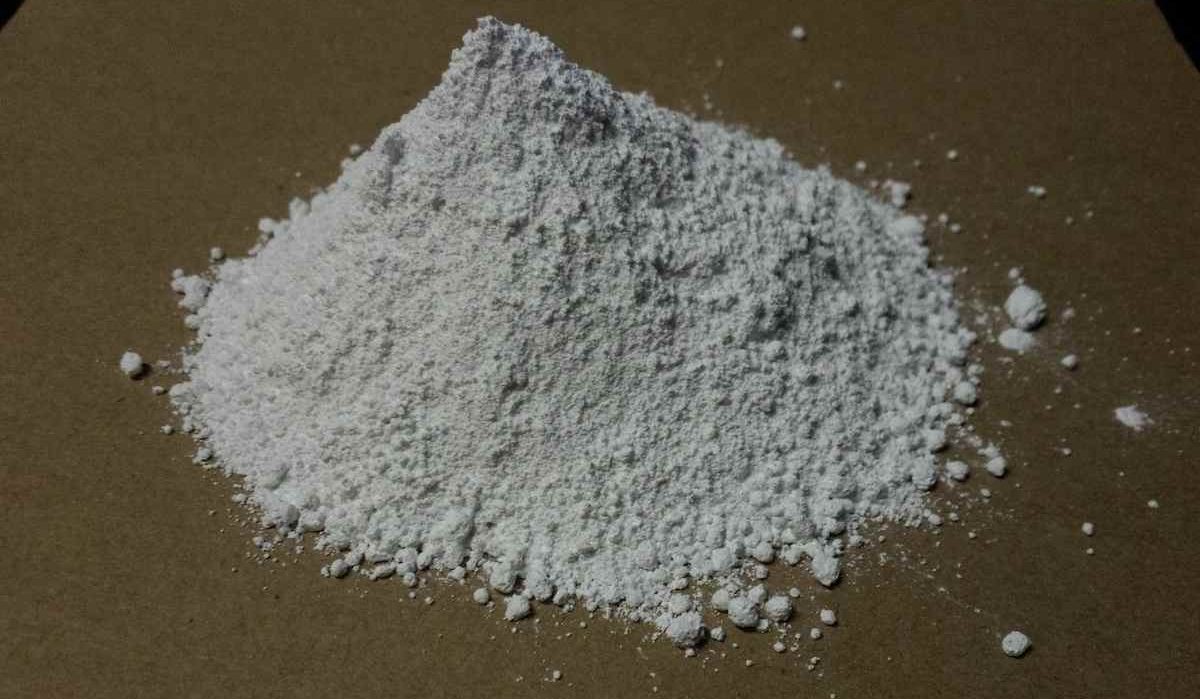
bentonite powder use
Bentonite powder has different industrial, agricultural, medical, petrochemical, environmental and cosmetic uses. Bentonite clay is mainly composed of negative ions. Toxins and heavy metals in the body are made of positive ions. Bentonite clay acts like a magnet that binds to toxins and helps remove them from the body. There are two main types of bentonite clay:
- Sodium bentonite, when activated with water, can swell up to six times its size and has electromagnetic properties.
- This makes it highly absorbent and useful for extracting toxins.2. Calcium bentonite particles are smaller compared to sodium bentonite, which makes it more effective in demineralizing than drawing toxins from the skin.
- These tiny particles can pass through the colon wall into the bloodstream, where they get rid of toxins and leave minerals behind.
Bentonite Clay Uses - Drinking Benefits Bentonite clay can be used as a natural mouthwash. Its binding properties can easily remove unwanted substances around the teeth and gums. And when ingested, bentonite clay can also help support healthy bacteria in the digestive system and support the immune system. Bentonite clay uses for different skin types As a rule, oily and acne-prone types can use the mask more often, while those with dry or sensitive skin should use it in moderation. 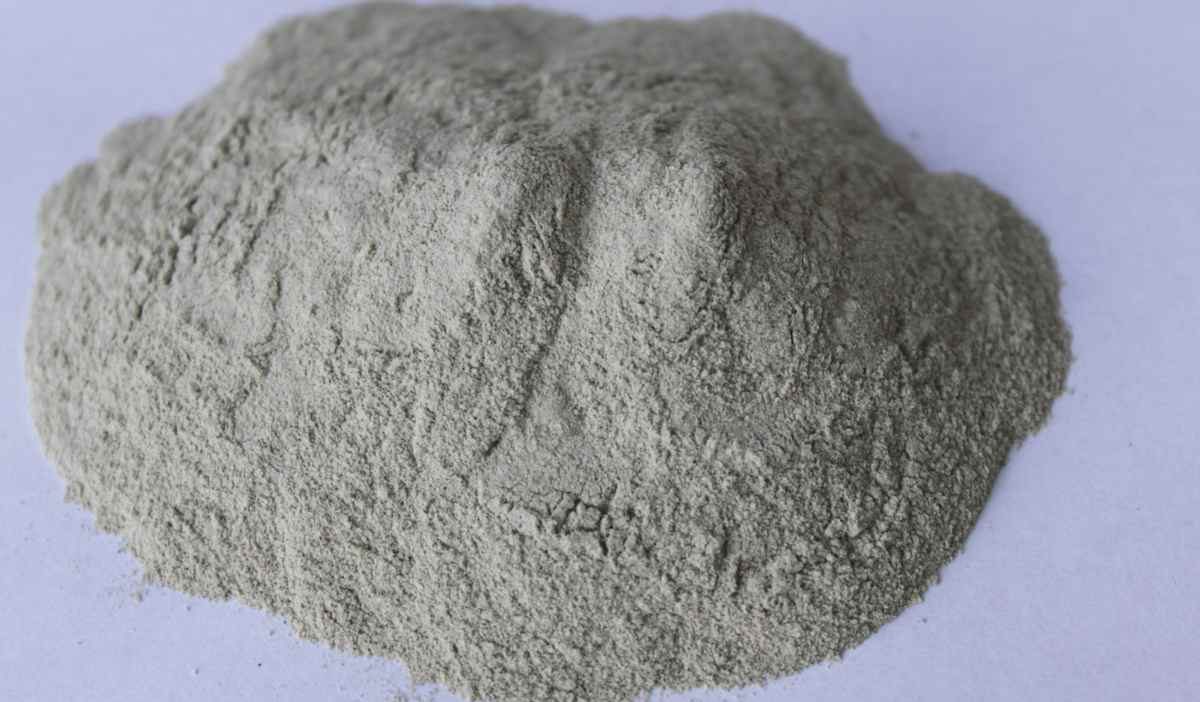 Bentonite clay uses for different industries Foundry: Bentonite is used as a binding material in the preparation of molding sand for the production of iron, steel and non-ferrous castings. The unique properties of bentonite produce green sand briquettes that have good flowability, compressibility, and thermal stability to produce high quality castings. Cat Litter: Bentonite is used for cat litter due to its advantage of absorbing debris into clumps (which can be removed easily) leaving the rest of the product intact for later use. Granulation: Bentonite is used as a binding agent in the production of iron ore granules. Through this process, iron ore pellets are converted into spherical granules, suitable as raw materials in blast furnaces for iron ore production or direct reduced iron (DRI) production. Construction and Civil Engineering Bentonite has traditionally been used in civil engineering applications as a thixotropic agent, support and lubricant in membrane walls and foundations, in tunnels, in horizontal directional drilling and in pipeline drilling. Bentonite is also used in Portland cement and mortars due to its viscosity and ductility. Bentonite adsorption/sorption properties are very useful for wastewater purification. General environmental directives recommend low-permeability soils, which should naturally contain bentonite, as a sealant in the construction and rehabilitation of landfills to ensure groundwater is protected from contaminants. Bentonite is the active protective layer of synthetic clay liners. Drilling and construction: Another traditional use of bentonite is as a component of mud for drilling oil and water wells. Its functions are primarily to seal the walls of the well, remove drill bits, and lubricate the cutter head. Oil/Food industry: Bentonite is used to remove impurities from oils where its absorption properties are critical to processing edible oils and fats (soybean/palm oil/canola oil). In beverages such as beer, wine, and mineral water, and in products such as sugar or honey, bentonite is used as a clarifying agent. Agricultural industry: Bentonite is used as a feed supplement for animals, as a granulating aid in the production of animal feed pellets, as well as a flow aid for unconsolidated feed ingredients such as soybean meal. It is also used as an ion exchange for soil improvement and conditioning. When heat treated, it can be used as a porous ceramic support for many herbicides and pesticides.
Bentonite clay uses for different industries Foundry: Bentonite is used as a binding material in the preparation of molding sand for the production of iron, steel and non-ferrous castings. The unique properties of bentonite produce green sand briquettes that have good flowability, compressibility, and thermal stability to produce high quality castings. Cat Litter: Bentonite is used for cat litter due to its advantage of absorbing debris into clumps (which can be removed easily) leaving the rest of the product intact for later use. Granulation: Bentonite is used as a binding agent in the production of iron ore granules. Through this process, iron ore pellets are converted into spherical granules, suitable as raw materials in blast furnaces for iron ore production or direct reduced iron (DRI) production. Construction and Civil Engineering Bentonite has traditionally been used in civil engineering applications as a thixotropic agent, support and lubricant in membrane walls and foundations, in tunnels, in horizontal directional drilling and in pipeline drilling. Bentonite is also used in Portland cement and mortars due to its viscosity and ductility. Bentonite adsorption/sorption properties are very useful for wastewater purification. General environmental directives recommend low-permeability soils, which should naturally contain bentonite, as a sealant in the construction and rehabilitation of landfills to ensure groundwater is protected from contaminants. Bentonite is the active protective layer of synthetic clay liners. Drilling and construction: Another traditional use of bentonite is as a component of mud for drilling oil and water wells. Its functions are primarily to seal the walls of the well, remove drill bits, and lubricate the cutter head. Oil/Food industry: Bentonite is used to remove impurities from oils where its absorption properties are critical to processing edible oils and fats (soybean/palm oil/canola oil). In beverages such as beer, wine, and mineral water, and in products such as sugar or honey, bentonite is used as a clarifying agent. Agricultural industry: Bentonite is used as a feed supplement for animals, as a granulating aid in the production of animal feed pellets, as well as a flow aid for unconsolidated feed ingredients such as soybean meal. It is also used as an ion exchange for soil improvement and conditioning. When heat treated, it can be used as a porous ceramic support for many herbicides and pesticides.  Medical/Pharmaceuticals: Cosmetics and Medicine Markets: Bentonite is used as a filler in pharmaceuticals and, due to its absorbent/absorption functions, allows for the formation of a paste. These applications include synthetic barrier creams, calamine lotion, wet compresses, and anti-irritants for eczema. In medicine, bentonite is used as an antidote for heavy metal poisoning. Personal care products such as clay bags, sunburn paint, baby powders, and face and face creams may contain bentonite. Health products: Detergents: Laundry detergents and liquid hand soap/hand cleaners rely on bentonite inclusions to remove solvent impurities and soften fabrics. Painting: Pigments and Polishes: Due to their thixotropic properties, bentonite and organic coatings act as a thickening and/or suspending agent in varnishes, water-based paints and solvents. Its absorbent properties are valued for finishing indigo-dyed fabrics and dyes (lacquers for paints and wallpaper). Paper making: Bentonite is essential for the manufacture of paper, as it is used to control the degree of sloughing, that is, absorb wood resins that tend to clog machines, to improve the efficiency of turning pulp into paper, and also to improve paper. Quality. Bentonite also provides useful de-inking properties for paper recycling. In addition, acid-activated bentonite is used as the active ingredient in the manufacture of carbonless paper. Catalyst: Chemically modified clay catalysts find application in a wide range of tasks where acid catalysis is a key mechanism. More specifically, they are used in alkylation processes to produce fuel additives.
Medical/Pharmaceuticals: Cosmetics and Medicine Markets: Bentonite is used as a filler in pharmaceuticals and, due to its absorbent/absorption functions, allows for the formation of a paste. These applications include synthetic barrier creams, calamine lotion, wet compresses, and anti-irritants for eczema. In medicine, bentonite is used as an antidote for heavy metal poisoning. Personal care products such as clay bags, sunburn paint, baby powders, and face and face creams may contain bentonite. Health products: Detergents: Laundry detergents and liquid hand soap/hand cleaners rely on bentonite inclusions to remove solvent impurities and soften fabrics. Painting: Pigments and Polishes: Due to their thixotropic properties, bentonite and organic coatings act as a thickening and/or suspending agent in varnishes, water-based paints and solvents. Its absorbent properties are valued for finishing indigo-dyed fabrics and dyes (lacquers for paints and wallpaper). Paper making: Bentonite is essential for the manufacture of paper, as it is used to control the degree of sloughing, that is, absorb wood resins that tend to clog machines, to improve the efficiency of turning pulp into paper, and also to improve paper. Quality. Bentonite also provides useful de-inking properties for paper recycling. In addition, acid-activated bentonite is used as the active ingredient in the manufacture of carbonless paper. Catalyst: Chemically modified clay catalysts find application in a wide range of tasks where acid catalysis is a key mechanism. More specifically, they are used in alkylation processes to produce fuel additives. 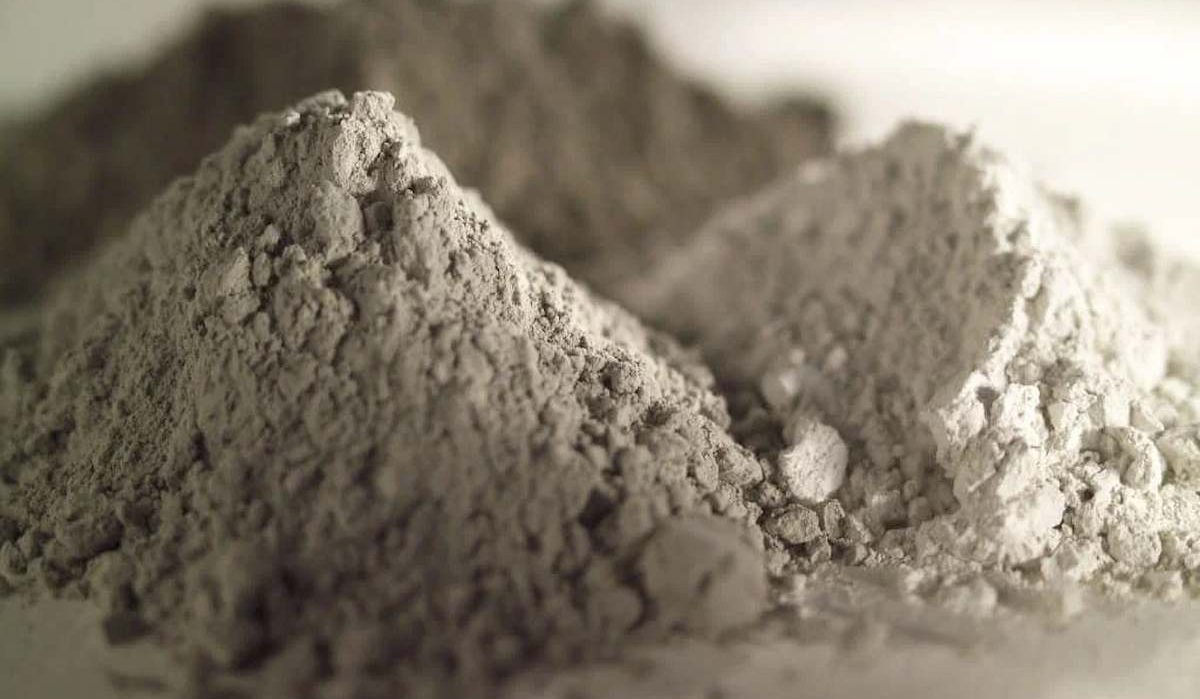
bentonite powder use in earthing
To have better earthing in the buildings, you can use bentonite powder. Bentonite is a moisture-retentive clay used as a filler earth electrode to help reduce soil resistance. Conductive bentonite clay is a sodium activated montmorillonite that, when mixed with water, swells to several times its original volume when dry. Electrically conductive bentonite is a thermosetting duct fill compound that is also used to fill cable trenches containing copper electrodes, such as ground rods, as specified in Annex C of ENA TS 09-02. The grounding compound absorbs moisture from the surrounding soil, which reduces the contact resistance and thus effectively increases the size of the copper ground rods installed and buried in the cable trench. By reducing the resistance to ground of a ground rod or electrode through a moisture retention process, the bentonite compound also reduces and protects against corrosion. Bentonite absorption rates Bentonite absorbs up to 5 times its weight in water and moisture-retaining clay will swell up to thirteen times its dry volume; At 6 times its dry volume, the grounding compound is very dense and, in a clay,-pasty state it can retain its shape and cling to surfaces. Bentonite is chemically hydrated and retains water in its structure: the clay compound is non-corrosive, stable in nature and will retain its properties over time. The grounding compound mixture should be pumped into the cable conduit to ensure air is excluded and once conduit filling is complete, all conduits must be closed to prevent leakage or bentonite escape. 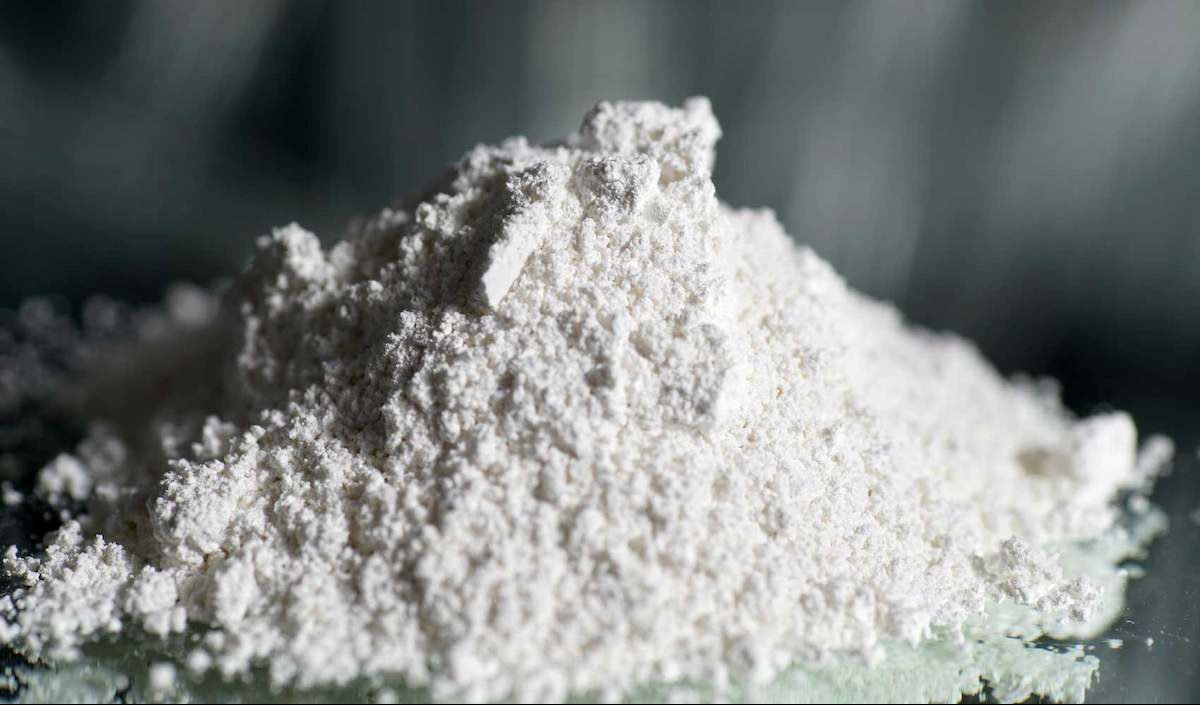 The grounding compound can be supplied as granules or powder and has a typical expansion ratio when mixed with water of 2:1. Granules are the preferred choice for backfilling trenches as the material can be mixed in the cable trench, while the powder is suitable for pouring into wells to ensure the mix is thin enough to reach the bottom of the well: Granular bentonite is easier to handle. process and use than a powder type compound. Earthing compound is generally known as earthing filler material. The grounding compound absorbs moisture from the surrounding soil, which reduces the contact resistance, thus effectively increasing the volume of copper ground rods installed and buried in the cable trench. The backfill compound used around ground rods is a mixture of bentonite powder, gypsum, and sodium sulfate. Gypsum, which is calcium sulfate, absorbs and retains moisture and adds reaction and conductivity to the mixture. Bentonite ensures good contact between the ground rod and the ground through its expansion. Sodium sulfate inhibits the polarization of the ground electrode. The backfill mixture should be covered with 12 inches of excavated soil. This mixture is superior to chemical salts because it is more durable. The bentonite compound used for electrical grounding is generally composed of a mixture of bentonite powder, coal powder, graphite powder, sodium sulfate, etc. These powders are mixed in different proportions for use in electrical grounding. Bentonite compound is a moisture retaining material that is used as a filler for ground electrodes to help reduce soil resistance.
The grounding compound can be supplied as granules or powder and has a typical expansion ratio when mixed with water of 2:1. Granules are the preferred choice for backfilling trenches as the material can be mixed in the cable trench, while the powder is suitable for pouring into wells to ensure the mix is thin enough to reach the bottom of the well: Granular bentonite is easier to handle. process and use than a powder type compound. Earthing compound is generally known as earthing filler material. The grounding compound absorbs moisture from the surrounding soil, which reduces the contact resistance, thus effectively increasing the volume of copper ground rods installed and buried in the cable trench. The backfill compound used around ground rods is a mixture of bentonite powder, gypsum, and sodium sulfate. Gypsum, which is calcium sulfate, absorbs and retains moisture and adds reaction and conductivity to the mixture. Bentonite ensures good contact between the ground rod and the ground through its expansion. Sodium sulfate inhibits the polarization of the ground electrode. The backfill mixture should be covered with 12 inches of excavated soil. This mixture is superior to chemical salts because it is more durable. The bentonite compound used for electrical grounding is generally composed of a mixture of bentonite powder, coal powder, graphite powder, sodium sulfate, etc. These powders are mixed in different proportions for use in electrical grounding. Bentonite compound is a moisture retaining material that is used as a filler for ground electrodes to help reduce soil resistance.
